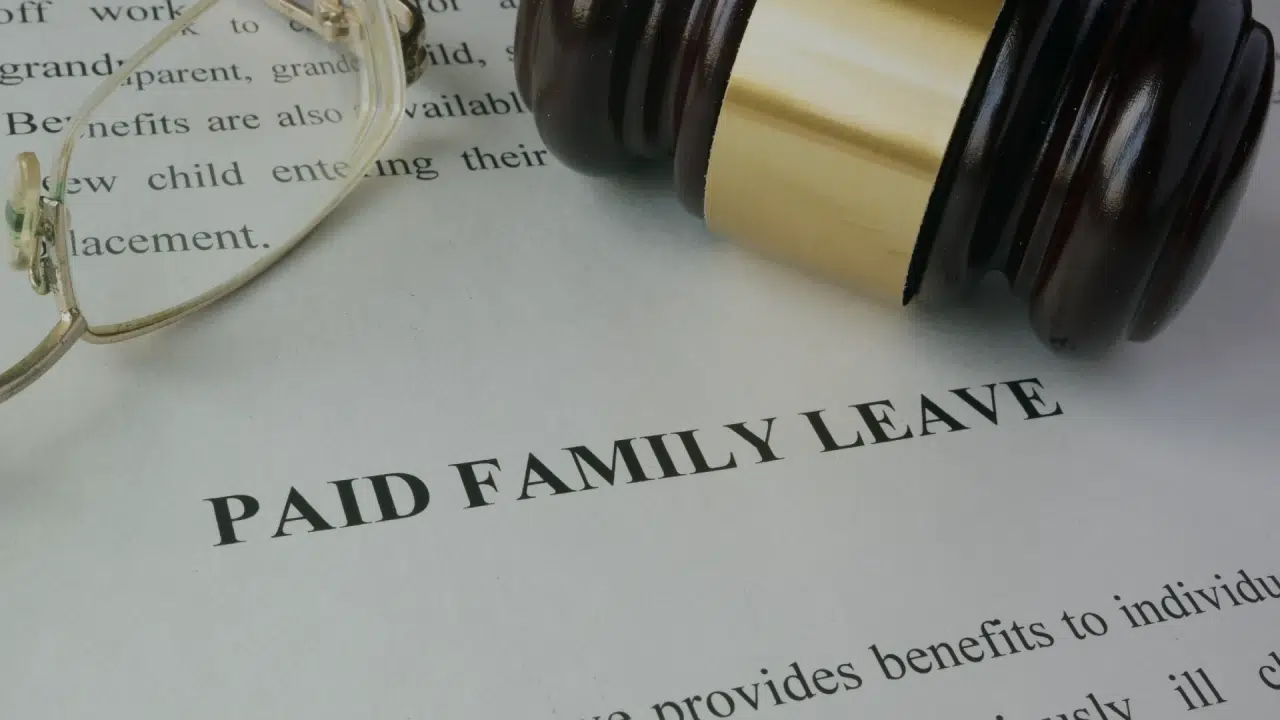Family & Medical Leave Rights

It is not uncommon to need time away from work to address and care for health-related issues. If you or a member of your family is experiencing a serious health condition, Federal and State laws give you the right to take job-protected leave. The Federal Family Medical Leave Act (FMLA) and the California Family Rights Act (CFRA) both may provide you the right to take a leave and to return to your job after the leave.

Under federal law, employers with 50 or more employees are required to provide disabled employees who qualify with up to 12 weeks of job-protected leave under the Family Medical Leave Act (FMLA). In order to qualify for FMLA leave, an employee has to have worked a minimum of 1250 hours for the employer over the past year.
In California, employers with 5 or more employees are required to provide disabled employees who qualify with up to 12 weeks of job-protected leave under the California Family Rights Act (CFRA). CFRA leave also covers employees who need to take leave to care for a child, spouse, partner, parent, grandparent, grandchild, or sibling dealing with a qualifying disability or medical condition, or is pregnant or adopting a child. In order to qualify for CFRA leave, an employee has to have worked a minimum of 1250 hours for the employer over the past year.
If you qualify for FMLA or CFRA leave, your employer must provide you with up to 12 weeks of protected medical leave over each 12-month period. Your employer is required to hold open your job, or a substantially similar job, for you to return to upon being released to return to work from the protected medical leave. During protected medical leave, the employer is not obligated to pay the employee during the leave. If you require more than 12 weeks of leave, your employer may be obligated to provide additional time off in the form of reasonable accommodation if it is not unduly burdensome for them to do so.
The Fair Employment and Housing Act prohibits retaliation against any person for making a complaint under the FEHA, for assisting another in making such a complaint or for opposing any action in the workplace that would constitute a violation of the FEHA.
Labor Code section 1102.5 prohibits retaliation against an employee by an employer for disclosing information that the employee reasonably believes is a violation of law to a person who has authority to investigate or correct the violation, and for refusing to participate in illegal activity. One way to establish a prima facie case under this statute is to show the employee (1) complained about the conduct that he or she reasonably believed to violate the law; (2) the complaints were received by the employer; (3) the employer negatively altered the terms and conditions of the employee’s employment; and (4) these actions were taken because the employee complained.Once an employee establishes the above elements, the employer would need to prove by “clear and convincing evidence” that it would have taken the same action in the absence of the employee’s protected activity.
An employee can also bring a retaliation claim under Labor Code section 6310. Under this section, prohibited retaliation includes discharge, threatened discharge, demotion, suspension or refusing to renew an employment contract. As long as the employee made a health or safety complaint in good faith, it does not matter for purposes of a wrongful termination action that the employee did not specify the particular safety statute or regulation the employer was allegedly violating.
The law protects employees who request or take FMLA or CFRA leave. Your employer may not retaliate against you for requesting or taking job-protected medical leave. If you request or take job-protected leave your employer may not treat you unfavorably as a result. If your employer has treated you differently because you requested or took leave, your employer may have retaliated against you and broken the law.
If you have been denied the right to take job-protected leave or have been retaliated against for taking job-protected leave, you may be entitled to compensation under federal and state laws. To prove your case, you must demonstrate that your job was not held for you while you were out on job-protected leave, or that your employer took adverse action against you because you either took or requested job-protected leave.
You may also have a case for disability discrimination. Learn more about how to prove a disability discrimination case.
If you believe you have been denied the right to take job-protected leave or have been retaliated against for taking job-protected leave, take the following steps to support your case:
Save Evidence: Record all relevant events or interactions in writing. Save related notes and documents. Additionally, you may request your personnel file to review any documents you have signed and ensure that your file is complete.
Report the Discrimination: Report the issue directly to your employer. If your employer does not correct their behavior, you may file a complaint with the Federal Equal Employment Opportunity Commission (EEOC) or with the California Department of Fair Employment and Housing (DFEH). It is recommended you consult an attorney prior to reporting the conduct to the DFEH or the EEOC so that your complaint to these agencies does not leave out any pertinent information.
Find an Attorney: Reach out to an employment attorney. Navruz Avloni is an employment attorney dedicated to fighting for your rights in the workplace. Schedule a free consultation with Navruz Avloni.

Contact Us
Navruz Avloni is an experienced employment attorney dedicated to representing workers. She has successfully represented numerous clients whose rights to job-protected FMLA and CFRA leave have been infringed upon. If you are experiencing unlawful treatment at work, reach out to Navruz Avloni for a free consultation.
